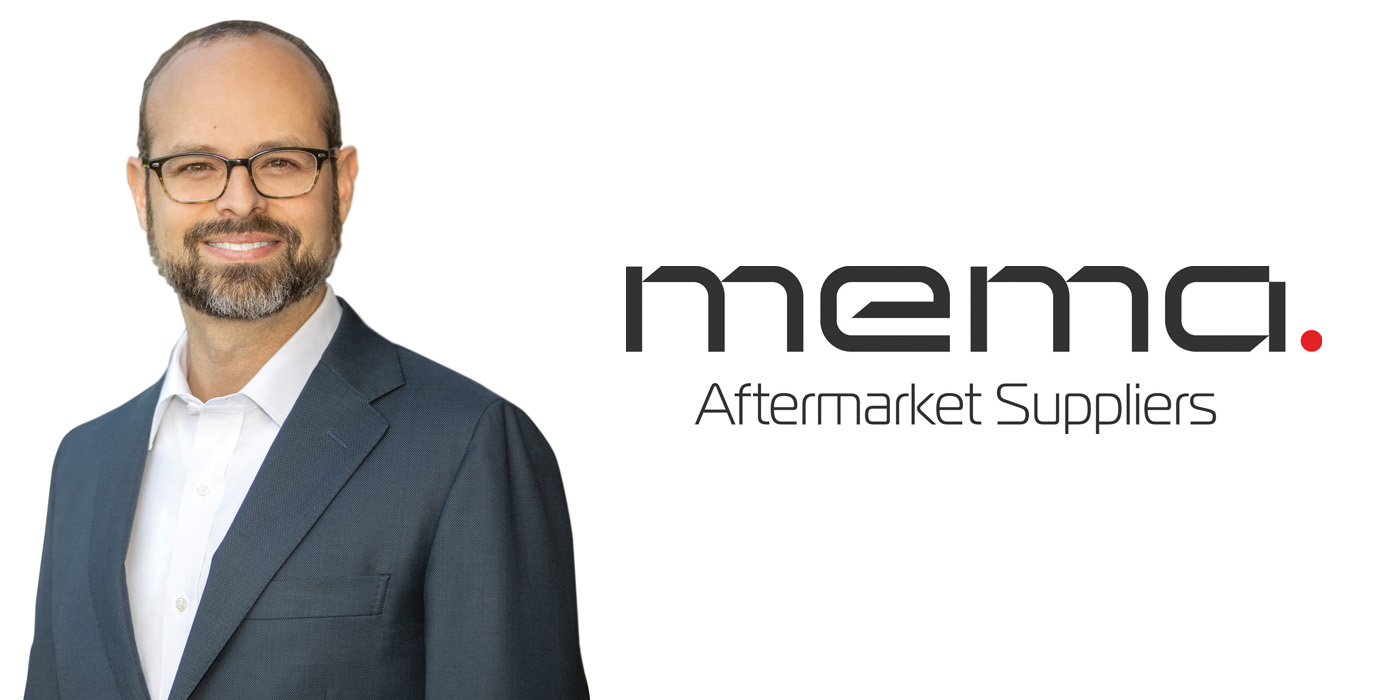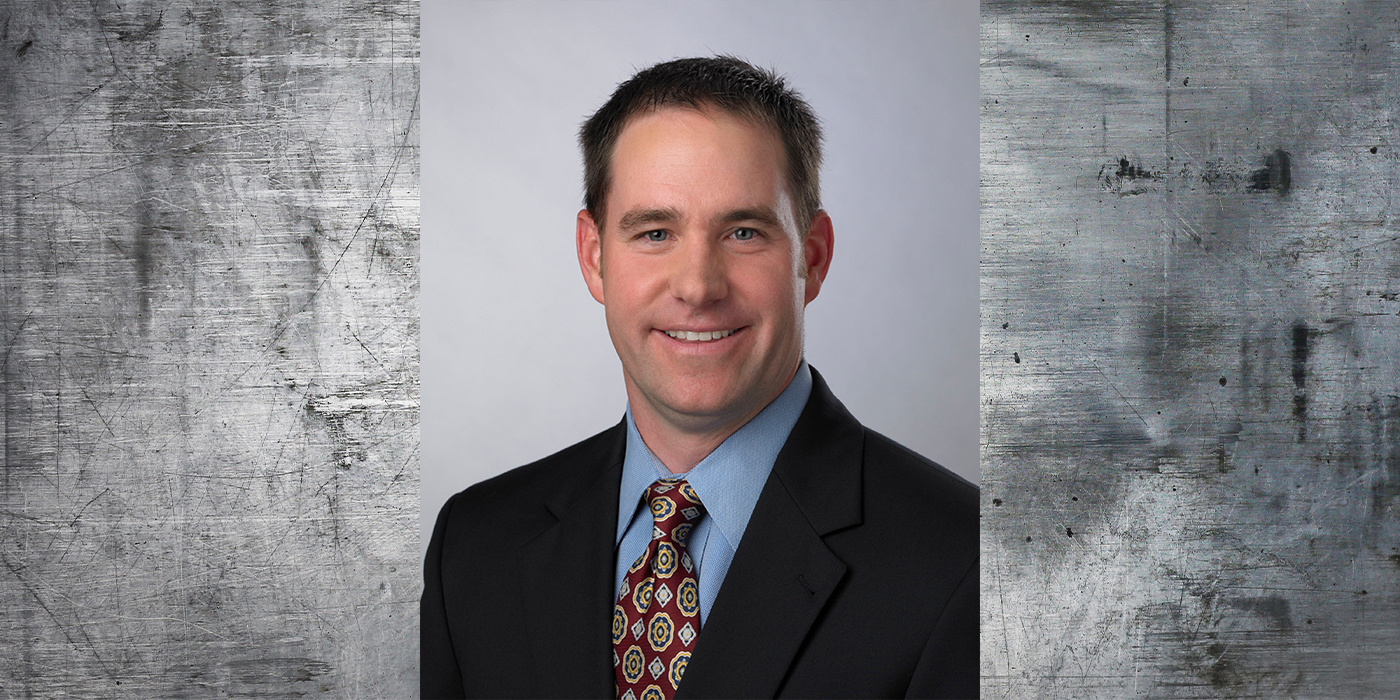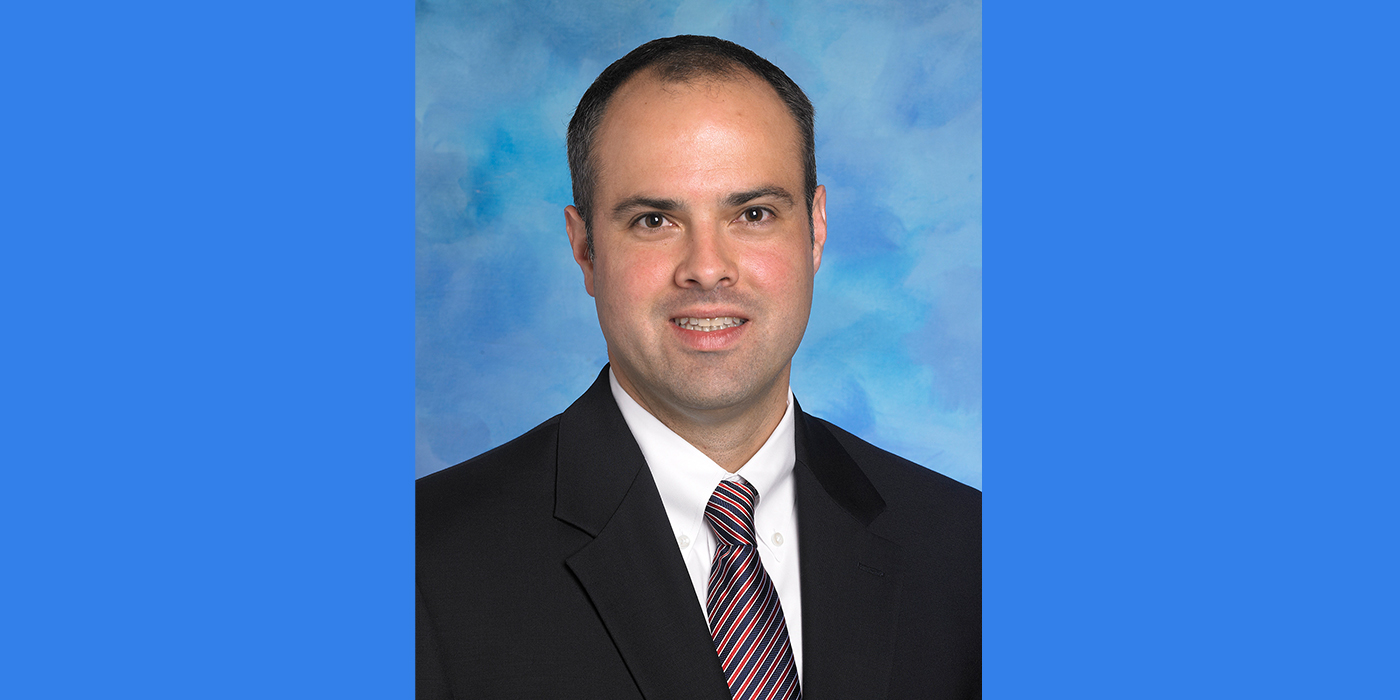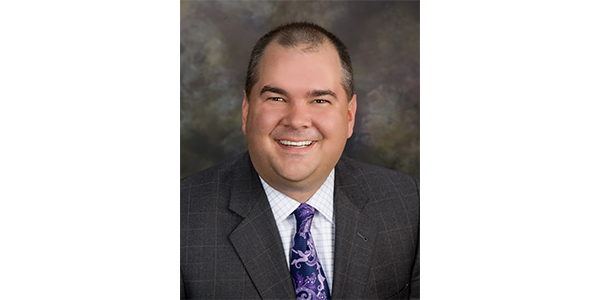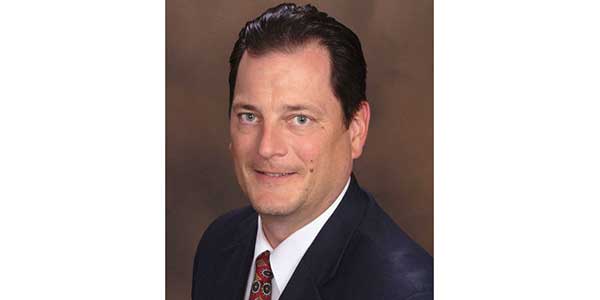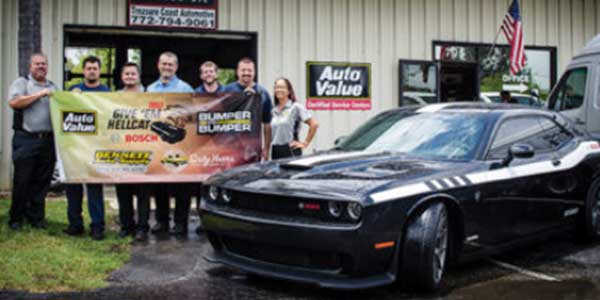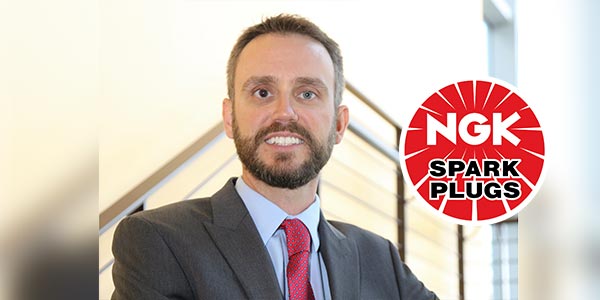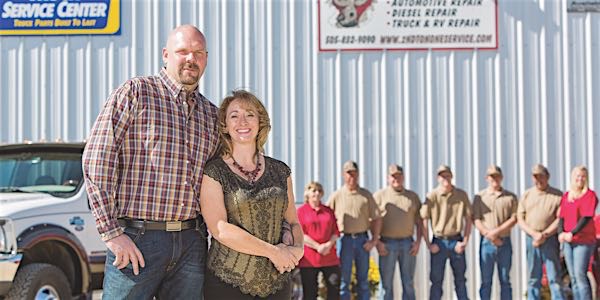Bob Pattengale is the National Training Manager for Bosch. Bob has more than 30 years of automotive experience with stops at OE dealerships, independent repair shops, technician training and equipment sales. Bob is a contributing writer for automotive trade magazines, and also served as the SAE Service Technician’s Society President in 2001 and 2002. 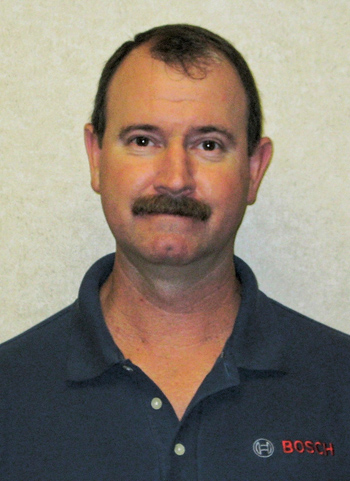
What are the objectives of Bosch Training, and what does Bosch Training encompass?
BP: Bosch Training is dedicated to helping repair technicians improve their system knowledge and problem solving skills, which in turn provides the shop owner with a solid resource to repair today’s ever-changing vehicle fleet. Bosch Training continues to evolve with changes in education technology and with feedback from the Bosch Car Service and Bosch Diesel Service repair networks. The program offers a variety of options including; hands-on training, day-long sessions, evening seminars, digital courses on CD, technical manuals and a dedicated training website with the latest list of available courses and materials.
What areas does Bosch Training address, and can anyone in the aftermarket get this training?
BP: The training program covers a wide range of topics, which are designed to help all skill levels of technicians. Topics range from basic electrical to advanced vehicle networking systems, with a focus on Bosch technology when possible. We regularly solicit and listen to feedback from the members of our Bosch Car Service and Diesel Service networks to help identify the subject matters most relevant to shops today. For a complete list of available courses visit www.BoschTechInfo.com, or call (855) 267-2483.
In the past, training was exclusively offered to repair shops in the Bosch Car Service and Diesel Service networks, but today with a renewed focus on taking training to the street, we are expanding the offering to all repair shops. The Bosch affiliated shops are given the first opportunity to fill the training seats, but after a predetermined time frame we open the event to all interested parties.
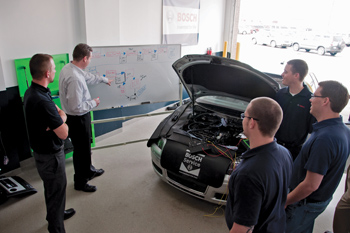 Are there hot buttons that concentrate on the pressing needs in today’s automotive service?
Are there hot buttons that concentrate on the pressing needs in today’s automotive service?
BP: Yes, there are hot topics that demand greater focus as technology changes and unseen repair concerns arise. Emerging technologies are always high interest topics, but in many cases once the system theory is taught the demand for deeper knowledge lessens. For example, advanced safety systems and anti-lock braking system were hot topics, but in reality the systems rarely fail, so the need for deeper knowledge is not required.
In the new “Take It To The Street” training program we started with hot topics like Gasoline Direct Injection (GDI) and Passenger Car Diesel (PCD) technology. The “Take It To The Street” courses are offered in an eight-hour classroom style format, which can be taught in one day or over two evenings. The goal is to make the information as real world as possible. For example, the GDI course has over 30 videos, several graphical animations and a color reference book to fully explain the systems.
In 2014, we will continue with Advanced Vehicle Networking and Advanced Evaporation Emissions training. The Evaporative Emissions class is a hot topic based on the number of diagnostic trouble codes (DTC) appearing on these systems. Approximately 30% of the check engine light DTCs are now evaporative emissions related. The percentage is predicted to increase as these vehicles get older, which means technicians really need to understand these systems in order to successfully repair them right the first time.
Bosch Training also offers diesel technology training to support the Bosch authorized Diesel Service repair network. The focus is on understanding and repairing the many Bosch-designed components and systems on the road today. Upcoming courses will focus on vehicle-specific training like the 6.7L Ford PowerStroke and the 6.6L General Motors Duramax engines. These courses offer a comprehensive overview and real world diagnostic strategies for repair.
These courses, discussing Bosch and other supplier automotive systems and technology, are taught by Bosch technical specialists well versed on the subjects, and intended to give attendees a solid grounding, utilizing whatever tools and equipment are appropriate.
How does Bosch digital and printed training complement the hands-on training?
BP: Hands-on training is always the best way to fully reinforce the learning process, but this is not realistic for most repair shops. Many shop owners are not comfortable with sending the technician away for three to four days for this type of training due to the loss of revenue and the cost of travel.
In an effort to make the training as real world as possible we will be using every method possible to deliver training: web based, live streaming, self-paced learning modules, etc. For example, later in the year we will begin offering at least one web based training event every month. The topics will vary and will be recorded for those who might not be able to make the live event, and will be posted on a learning management system for review as needed.
Is there other training, at the field level?
BP: At this time the options are limited to the hands-on training events in Chicago and the “Take It To The Street” courses. Bosch does participate in association and parts organization sponsored events as requested. 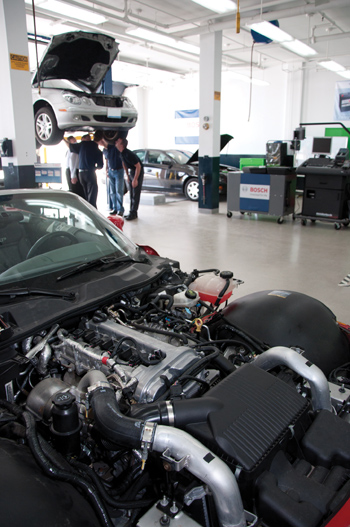
Does Bosch Training emanate from traditional Bosch expertise as a leading automotive supplier?
BP: The early Bosch training programs were primarily developed around Bosch technology only and from a pure theory of operation concept, which in many cases did not reflect how the Bosch technology was implemented on various manufacturer platforms. The goal today is to offer a more real world perspective and include as much real world diagnostic information as possible from a variety of car manufacturers. For example, in the GDI class we include information from Ford, General Motors, VW/Audi and other vehicle manufacturers to help with overall system knowledge.
What costs are associated with the training?
BP: Bosch charges a fee for training and the cost varies depending on the course length and location of training. Bosch Car Service and Diesel Service repair shop personnel are able to attend training at a discounted rate.

